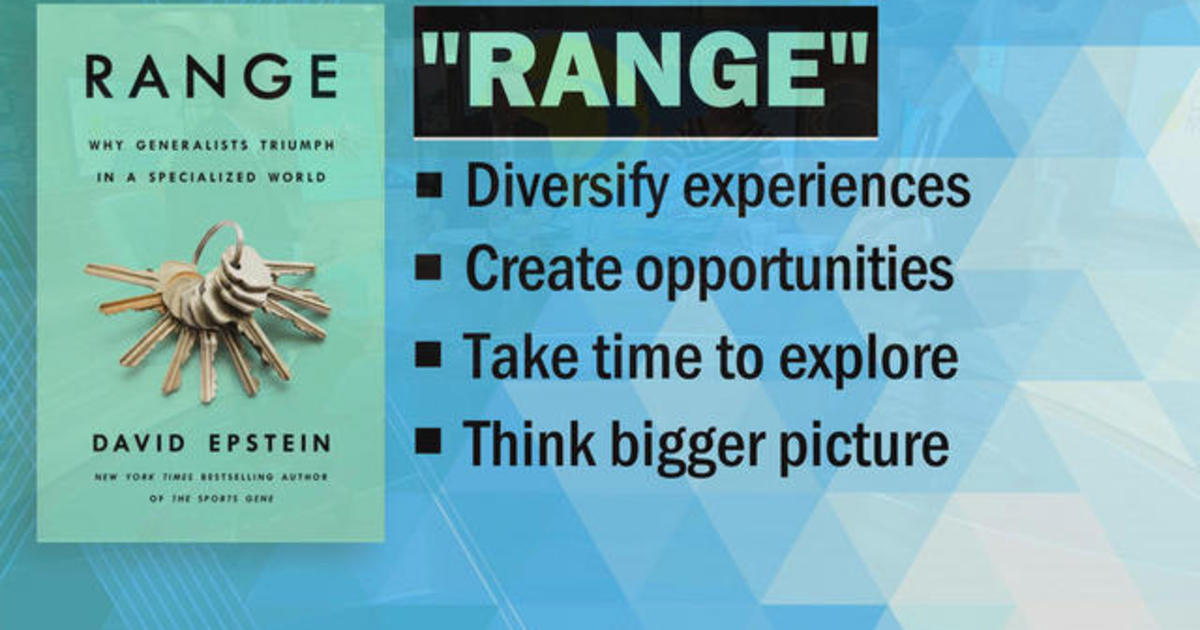Brittany Quinn

The book that has stayed with me the most this year to date is Range: Why Generalists Triumph in a Specialized World, by David Epstein. While I have always assumed that the “10,000-Hour Rule” (attributed to Malcolm Gladwell in Outliers) meant that we need to have hyper-specialized experts in order to succeed, Epstein provides a different perspective. He argues that “the theory of specialization applies to a limited number of skills and fails to set its adherents up for success. What most people need instead is, well, range.”
Lesson one: We live in a Wicked World
All non-profit leaders know that we operate in a world that can be unpredictable and at times unstable. While specialized skills like chess masters or wrestling can thrive with specialized skills because they live in a “kind world” where rules are defined, actions are predictable, and outcomes for decisions are immediate. Our rules are much less clear. It’s better to have a board of directors with a range of experiences who can help challenge common myopic misconceptions and integrate different ideas.
“The more diverse your experiences and tools, the more likely you’ll recognize the hidden and underlying problem.”
Lesson two: Use change to your advantage.
“When it comes to specialists and generalists, an analogy we can use is that of a lake and a river. A lake holds a large amount of water, which we can equate to knowledge. A lake has depth yet can be isolated from the ocean. In contrast, a river moves and surges through the landscape, flowing across multiple domains. A river can also change the topography of an environment with large swells of rainfall or connect the melting of snow from on top a mountain to an ocean.
If the environment around a lake changes, the lake may wither and evaporate. If the environment around a river changes, there is less of a chance for that same slow and agonizing death.”
Lesson three: Utilize the views of outsiders
InnoCentive is a company that connects entitles with intractable problems with smart people who are outside of the industry. The Labratory for Innovation Science at Harvard had those people who solved problems on InnoCentive rate how relevant the problem they addressed was to their own field of specialization, they found that “the further the problem was from the solver’s expertise, the more likely they were to solve it.”
David Epstein noted that, “Modern work demands knowledge transfer: the ability to apply knowledge to new situations and different domains. Our most fundamental thought processes have changed to accommodate increasing complexity and the need to derive new patterns rather than rely only on familiar ones. Our conceptual classification schemes provide a scaffolding for connecting knowledge, making.”
Credits:
Range: Why Generalists Triumph in a Specialized World, by David Epstein (2019)
Range Argues That Specialization Should Not Be the Goal for Most, by Bradley Babendir, NPR book review
Listen to:
The Lowe Post: with David Epstein, 9/9/19 http://www.espn.com/espnradio/podcast/archive/_/id/10528553
Watch:
Malcolm Gladwell and David Epstein discuss Range at MIT



0 Comments